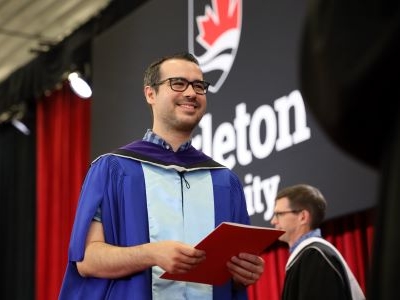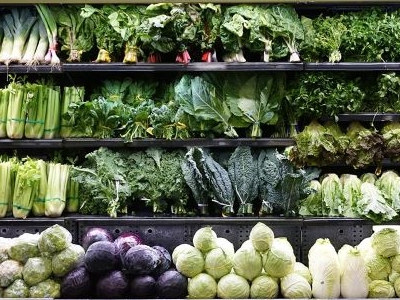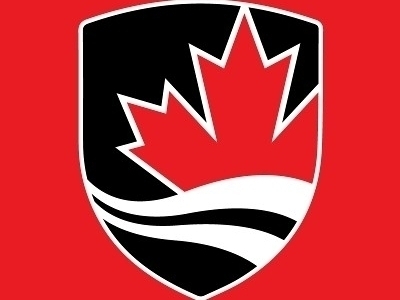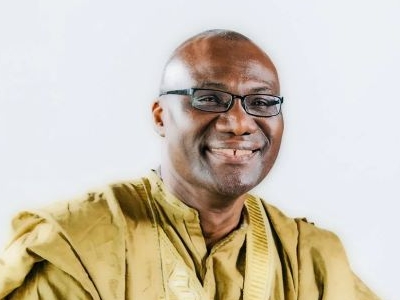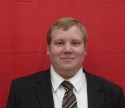 For most of us, Central Asia is a region of the globe that is not necessarily top of mind. But for Kaven Baker-Voakes, it was the place that he focused on when doing his masters at Carleton’s Institute of European, Russian and Eurasian Studies.
For most of us, Central Asia is a region of the globe that is not necessarily top of mind. But for Kaven Baker-Voakes, it was the place that he focused on when doing his masters at Carleton’s Institute of European, Russian and Eurasian Studies.
Baker-Voakes recently graduated with an MA after completing his thesis in which he chronicled the evolution of USSR cultural policy on paintings in Uzbekistan primarily from 1930 to1960. It is the first major post-Soviet study to consider the impact of Soviet cultural policies upon Uzbek painting’s direction and imagery during the height of socialist realism.
Uzbekistan, located in the heart of Central Asia borders a number of post-soviet states including Tajikistan, Kyrgyzstan, Turkmenistan, Kazakhstan and Afghanistan.
As part of his thesis, Baker-Voakes visited three museums in the country. The one in Nukus was recently featured in a movie, Forbidden Desert. Its remote location, coupled with the obsession of its founder Igor Savitsky, allowed the museum to collect and display pieces from the early 1920s and beyond.
“Savitsky was described as mad by some who met him as he went through artists’ collections,” said Baker-Voakes. “He would show up especially for Russian works in Moscow and gather pieces that were stored in trunks, attics and other locations often hidden from the public by the artists. He would nevertheless bring them back to his museum and display them proudly for Soviet officials, often at great risk. I owe this man, as do all who study this subject, a debt of gratitude as it is because of him that this collection exists.”
Baker-Voakes explained it was his family background that first got him interested in this area. “My godparents actually went through Afghanistan and lived in Tehran. I also grew up with all this stuff from that region in the house. Going on a trip in 2003, I unintentionally ended up in Turkey. In 2008, I was in China and ended up going to the western part of China. And I think that’s a lot of it. I just couldn’t escape the pull towards that area.”
Added to his personal connections was the passion for the region given to him by Carleton University as he worked on his BA. Baker-Voakes said that his professors truly loved their studies, which focused on Europe, Russia and Eurasia and passed that passion on to him.
“In particular, in my last year at Carleton, I ended up having some really great profs,” said Baker-Voakes. “Prof. Sahadeo who eventually became my supervisor, Prof. Casteel as well, but all along the way, I had influences relating to Russia and Europe starting in my first year with Prof. Fitzgerald.”
As Carleton is located in Canada’s capital, it offers its students access to several important resources and organizations. “Within our program we had the opportunity to meet with embassy staff from various embassies which we were studying,” said Baker-Voakes. “We ended up having a chance to meet the head of the Canadian Mission to Kyrgyzstan and the Turkish Mission to Canada. Carleton really does give you that access and being able to go and do some of those things…including doing this research.”
–Story written by Dan Neutel
Monday, November 28, 2011 in Grad Student Research, News
Share: Twitter, Facebook


